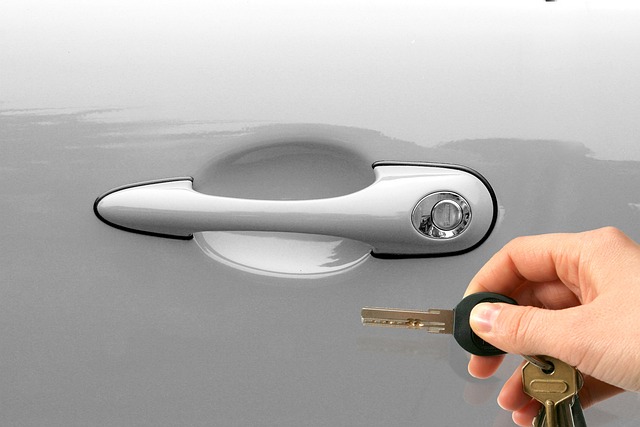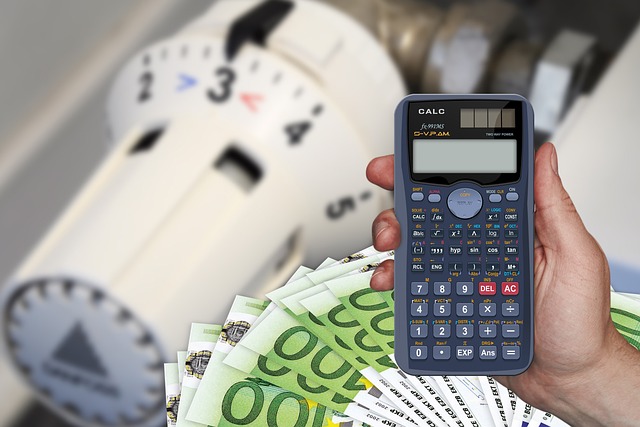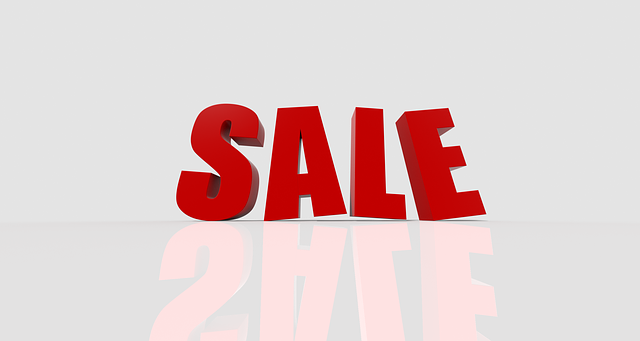When deciding between leasing and buying an asset, conduct a comprehensive cost analysis considering leasing benefits like smaller upfront costs and operational deductions versus buying advantages such as asset ownership, long-term savings, and favorable tax considerations. Assess the financial implications of each option, weighing immediate relief against future potential for equity accumulation and tax breaks. Ultimately, asset ownership grants control and savings over time, while leasing provides flexibility in the short term. Tailor your decision to align with your financial goals and circumstances.
When considering a new vehicle, one of the most critical decisions is whether to lease or buy. This article delves into the intricate details of a cost analysis between these two options, guiding you through a comprehensive comparison. From leasing benefits that offer short-term financial relief to buying advantages that secure long-term asset ownership, each path has unique financial implications and tax considerations. By examining monthly expenses and understanding the impact of tax regulations, readers can make informed decisions based on their priorities, ultimately driving the choice of asset ownership.
- Understanding Cost Analysis in Leasing vs Buying
- Leasing Benefits: Short-Term Financial Relief
- Buying Advantages: Long-Term Asset Ownership
- Tax Considerations: How They Impact Your Choices
- Financial Implications: Comparing Monthly Expenses
- Asset Ownership: The Ultimate Decision Driver
Understanding Cost Analysis in Leasing vs Buying

Understanding Cost Analysis in Leasing vs Buying
When evaluating whether to lease or buy an asset, a thorough cost analysis is crucial. This involves delving into both leasing benefits and buying advantages, considering tax considerations and assessing the financial implications over time. By comparing these aspects, individuals and businesses can make informed decisions that best align with their financial goals and strategic objectives. Leasing often offers immediate financial flexibility, as it typically requires smaller upfront payments, while buying confers asset ownership, potentially unlocking tax benefits and long-term savings.
In terms of financial implications, leasing may have consistent monthly payments but does not build equity over time. Conversely, buying involves a significant initial investment, but it allows for building equity and potential appreciation of the asset. Tax considerations also play a role; leased assets may be treated differently under tax laws, offering deductions for certain expenses, while owning an asset can provide tax benefits as depreciation can be claimed over time. Understanding these nuances is essential to navigating this decision effectively.
Leasing Benefits: Short-Term Financial Relief

Buying Advantages: Long-Term Asset Ownership

When considering a cost analysis between leasing and buying, one of the primary buying advantages lies in long-term asset ownership. By purchasing a property, individuals gain complete control over their investment and the associated financial implications. This includes the ability to make alterations or renovations according to personal preferences, which can be particularly appealing for those who envision significant changes to the space over time.
Furthermore, tax considerations play a significant role in favor of buying. As homeowners, individuals often benefit from favorable tax deductions, including property taxes and mortgage interest. These savings can substantially impact one’s financial bottom line over the long term, making homeownership a compelling option beyond the initial cost analysis.
Tax Considerations: How They Impact Your Choices

When considering a cost analysis between leasing and buying, tax considerations play a significant role in shaping your financial decisions. Tax benefits can offer substantial leasing benefits, such as operational deductions for business expenses like rent and maintenance. This can be especially advantageous for startups or businesses with fluctuating cash flows, as it provides immediate relief on their taxable income.
On the other hand, buying advantages include long-term savings and the potential for tax breaks related to asset ownership. Depreciation deductions can lower your tax liability over time, especially for tangible assets like property or equipment. However, these benefits may be offset by capital gains taxes upon asset disposition, which is a crucial factor to consider in your financial implications. Understanding these tax considerations is essential for making informed choices between leasing and buying.
Financial Implications: Comparing Monthly Expenses

When considering the financial implications of leasing versus buying, a key area to examine is monthly expenses. On one hand, leasing offers immediate financial relief by distributing costs over time, with no large upfront payments required. This can be particularly beneficial for businesses or individuals who want to avoid significant debt and maintain flexible cash flow. Monthly lease payments are often lower than mortgage payments, and may even include maintenance and insurance, simplifying budgeting processes.
On the other hand, buying an asset presents a different financial picture. While there’s no monthly lease payment, buyers must consider the full cost of ownership, including principal and interest on a loan, property taxes, insurance, and maintenance expenses. However, one significant advantage of owning an asset is the potential for long-term savings through equity accumulation. Over time, as loans are repaid, homeowners build equity which can be a valuable asset in itself, offering both financial security and potential for future capital gains. Tax considerations also play a role; interest on mortgages may be tax-deductible, providing further financial benefits to buyers.
Asset Ownership: The Ultimate Decision Driver

When considering whether to lease or buy an asset, understanding the concept of asset ownership is crucial for making an informed decision. In a cost analysis between leasing and buying, asset ownership becomes the ultimate driver as it impacts both the short-term and long-term financial implications. On one hand, leasing offers various benefits such as immediate access to the asset without significant upfront costs, flexible terms allowing for future adjustments, and potential tax advantages. This can be particularly appealing for businesses or individuals who require the latest technology or prefer not to tie up substantial capital in a long-term purchase.
However, buying an asset bestows upon the owner several advantages. It provides absolute control over the property, the ability to modify it according to needs, and long-term savings as there are no recurring lease payments. Additionally, tax considerations can be more favorable for property owners, offering deductions for mortgage interest and property taxes. Over time, owning an asset can be financially beneficial, especially if its value appreciates, whereas leasing may not offer the same level of equity accumulation. Therefore, weighing these factors is essential in determining whether leasing benefits or buying advantages hold greater significance in a cost analysis.






